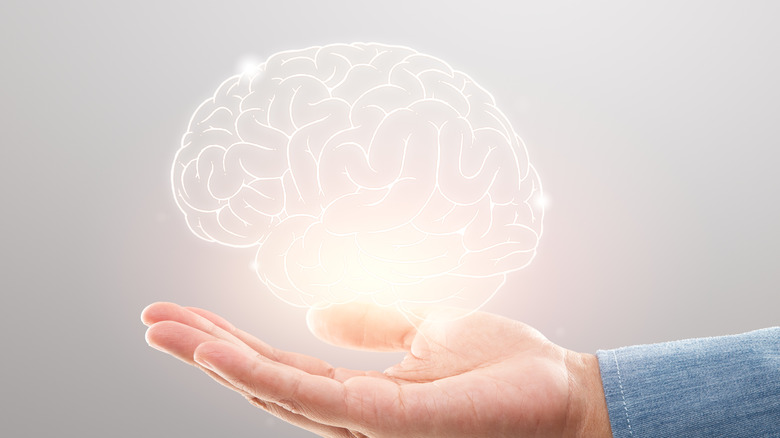Researchers Say Your Life May Really 'Flash Before Your Eyes' As You Die
You have probably heard the expression "my life flashed before my eyes" spoken by a person describing a near-death experience, be it real or simply perceived. You might not have heard about a research study from 2017 in which scientists showed how this phenomenon can be quantifiably linked to near-death experiences. Researchers called it a "life review experience," defining it as a brief period in which one "sees vividly a succession of one's own life-events."
Now, a research paper published by Aging Neuroscience has shown compelling evidence that a life review experience may also happen to us as we die. Data from the study included brainwave activity of an 87-year-old man with epilepsy as he suffered a heart attack and he died. The team reviewed the data collected from the 30 seconds immediately before and after the man's time of death. What they discovered was surprising, to say the least, and could amount to evidence that the life recall experience could also occur at a human being's time of death.
A breakthrough finding in brain activity during death
In reviewing the brainwave data produced before and after the man's death, researchers found that the rhythmic brain wave patterns were similar to the patterns that occur when we dream, recall memories, or meditate. The EEG (electroencephalography) data which was being used to help treat the man's epilepsy showed that his brain waves during that period included gamma waves, pointing to high cognitive functions and moments of memory flashback.
"We measured 900 seconds of brain activity around the time of death and set a specific focus to investigate what happened in the 30 seconds before and after the heart stopped beating," said Dr. Ajmal Zemmar, a neurosurgeon at the University of Louisville, US, who organized the study. "Just before and after the heart stopped working, we saw changes in a specific band of neural oscillations, so-called gamma oscillations, but also in others such as delta, theta, alpha and beta oscillations. Through generating oscillations involved in memory retrieval, the brain may be playing a last recall of important life events just before we die, similar to the ones reported in near-death experiences."
The door has been opened to further research
While the data showing a life review experience at the time of death could be a positive step toward understanding how the human brain functions near and at the time of death, the researchers do caution that this is only one instance of such an event, and that the readings could be complicated by the man's epilepsy. "Albeit the influence of neuronal injury and swelling, our data provide the first evidence from the dying human brain in a non-experimental, real-life acute care clinical setting and advocate that the human brain may possess the capability to generate coordinated activity during the near-death period," the researchers wrote.
There could also be an additional implication in the researchers findings: "These findings challenge our understanding of when exactly life ends and generate important subsequent questions, such as those related to the timing of organ donation." The unfortunate death of the man at the center of the research has yielded an incredible insight into brain activity at the time of death and has opened the door to further research.


